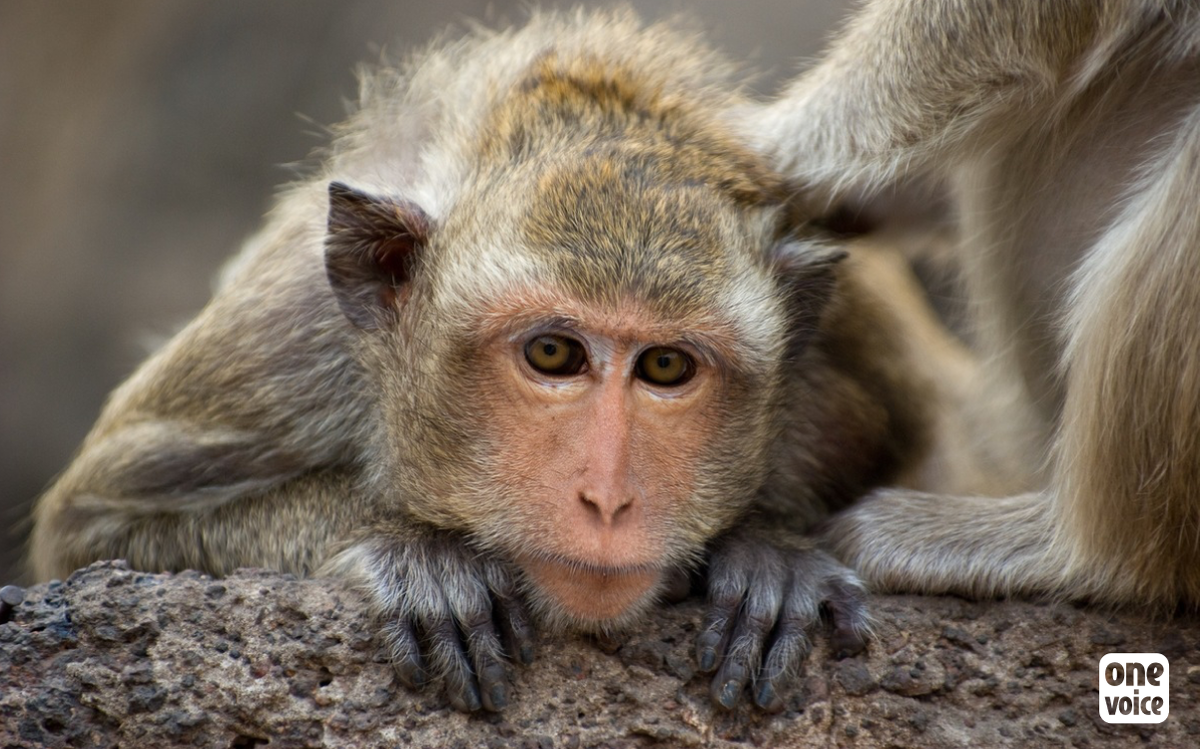

Humanity, a human quality?
In the game “The Xtreme zone”, humans make the choice to inflict an electric shock on one of the players. But for animals, a similar experience produces a different choice.
On the 17th of March 2010, France 2 viewers watched the first part of a documentary on the subject, “How far can TV go?” On the pretext of a TV game, “the Xtreme zone”, the players, supported by the public, showed that they were capable of putting another human’s life in danger. Directed by an authoritative presenter, they were led to believe that they were administering electric shocks to subjects incapable of responding to questions. The victim was in fact an actor briefed to display increasing levels of pain, but the results were no less worrying.
To resume the statement of Christophe Nick, the author and producer of the documentary, “TV can make people do anything to anybody”.
Humanity in question
This first episode, under scientific supervision, was inspired by an older social psychology experiment undertaken in 1963. This experiment had showed that when under the authority of men in “white jackets”, 60% of humans were prepared to administer an electric shock to another human for the alleged reason that a ‘scientific man’ had instructed them to do so. In France 2’s 2010 documentary, this figure was 81% of participants under the control of “the Xtreme zone” presenter… The transitory executioners were given psychological support following this experience. Electrocuting people is not a trivial act. The results overturn the notion of “humanity”, their supreme quality according to humans – their name being defined by it. But what becomes of it when complying with ‘authority’? Authority, whether this relates to scientists or the media, drives us to ignore our free will, to disregard what our conscience tells us, and our ability to show compassion?
A different point of view for the animals
Similar experiments have been carried out with animals but with very different conclusions. Animals prefer not to receive food rather than inflicting an electric shock on someone (in Xtreme Zone, they had nothing to win). In a study conducted in 1964 on rhesus monkeys, 80% of the monkeys stopped operating the chain that delivered food to them when they realised that their companions would be shocked as a result. They preferred to be hungry for several days. The same experiment, conducted on rats, produced identical results: rats preferred to stop feeding themselves rather than making one of their fellow rats suffer.
From empathy to altruism
Frans de Waal reports other cases. In “The age of empathy, Natures Lessons for a Kinder Society“, the ethologist relates his experiences where upon witnessing suffering in one of their fellow animals, they themselves experience suffering…He notably describes the case where the heartrate of a female goose accelerates when her male companion is challenged by another goose. He also talks about an experiment conducted in mice, which shows that when two mice spend time together, a painful stimulus applied to one of them results in the other becoming more sensitive to pain. Or more: when a capuchin monkey has the choice between a token that gives him the right to food, or one that gives both him and his companion the right to food, he systematically chooses the token which allows them both to eat…
Develop compassion in daily life
Whilst the notion of sentient animals creeps in bit by bit, the circulation of part one of Christophe Nick’s documentary, and the publication of the book by Frans de Waal, forces us to question ourselves regarding human nature. What do we become when faced with authority? How do we reclaim this ‘humanity’ that, finally (sic), would appear to be shared with other members of the animal kingdom? To rediscover our free will; should we not learn to listen to our conscience again? Since developing the ability to show compassion in our lives, and learning that the respect for all lives is also the respect for oneself, surely means that humanity will come out of it more ‘grown up’…
Article published by One Voice in 2010